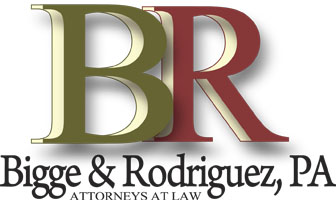 Filing for bankruptcy can be a terrifying and overwhelming process. The amount of information available while abundant is also confusing to most people. When going through the various bankruptcy steps, the first thing an individual needs to decide is if they will be filing for Chapter 7 bankruptcy or Chapter 13. While these two common filing types can be confusing to most, there are some distinct differences between them.
Filing for bankruptcy can be a terrifying and overwhelming process. The amount of information available while abundant is also confusing to most people. When going through the various bankruptcy steps, the first thing an individual needs to decide is if they will be filing for Chapter 7 bankruptcy or Chapter 13. While these two common filing types can be confusing to most, there are some distinct differences between them.
Chapter 7: This most common filing type refers to the process of liquidation under the bankruptcy laws of the United States. If an individual owns a house, has a place of business, or owns another form of property, they are able to file for bankruptcy in a federal court under Chapter 7, however, this option is not available to those that have a bankruptcy case dismissed within a prior 180 days, pending a specific set of circumstances. Moreover, during a Chapter 7 bankruptcy, certain property can be exempt, but with most liens, like real estate mortgages, will be subject to the filing rules. Once a Chapter 7 bankruptcy is obtained, it will stay on the person’s credit report for 10 years from the filing date of the petition.
Chapter 13: Often looked at as another option of debt consolidation, the Chapter 13 bankruptcy filing is the process of reorganizing a debtor’s financial liability. When an individual files for bankruptcy using this option, the federal government provides the person the opportunity to create a financial plan that will satisfy their debts while under the protection of the bankruptcy court. Chapter 13 filing is generally used to pay off a mortgage, avoidance of other liens, to pay back taxes over a period of time, or to partially repay various types of general unsecured debts.
Regardless of the filing type, it is usually in a consumer’s best interest to hire a competent and experienced attorney. Having a great legal team is one of the most important things a debtor can do to protect himself or herself. The importance of a Fort Lauderdale bankruptcy attorney is very relevant and vital to the bankruptcy process. Similarly, foreclosure defense Fort Lauderdale is vital to ensure an individual’s financial and legal rights are defended.
